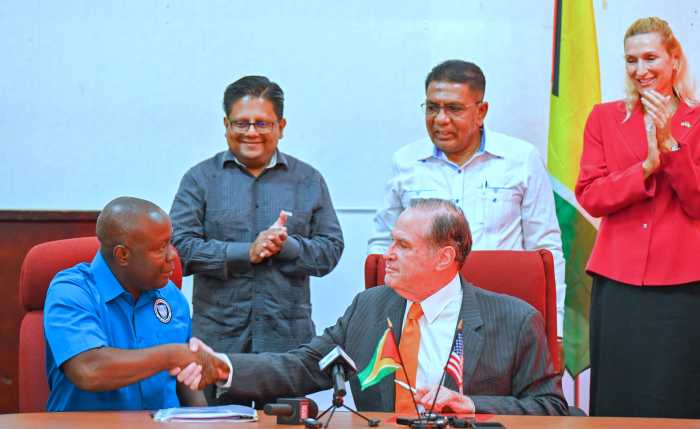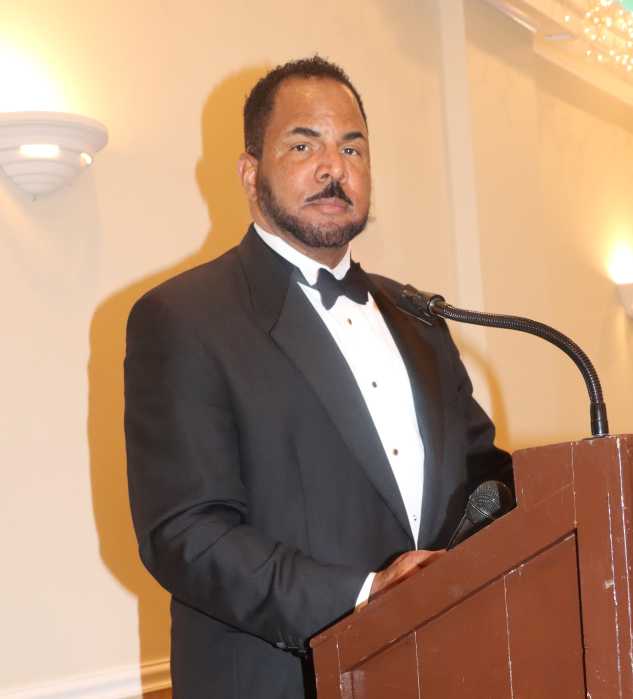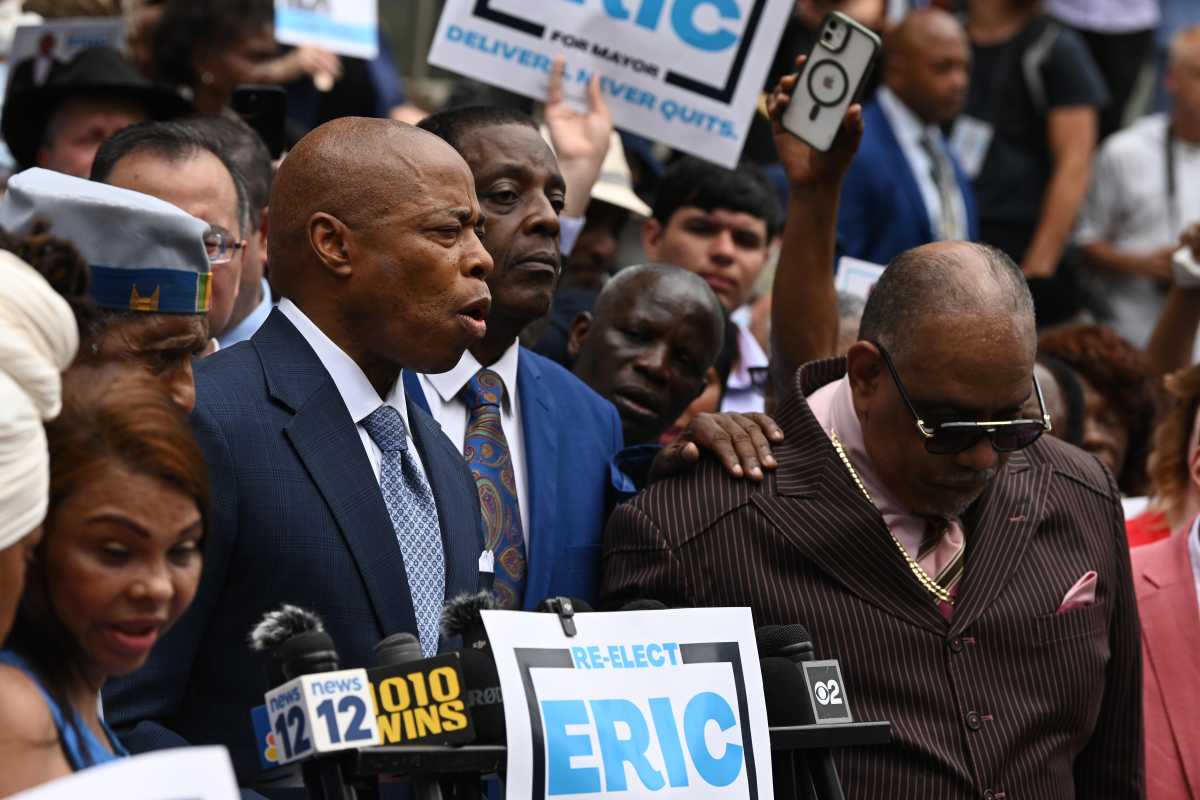Guyana’s government will ask the World Court in The Netherlands to rule that an 1899 demarcation of borders with neighboring Venezuela is valid and final after Venezuelan authorities refused to allow the court to hear the case, saying it does not have the right or legal jurisdiction to do so.
Guyanese Foreign Minister Carl Greenidge said government reacted almost immediately to the Venezuelan announcement, saying in an overnight statement that Guyana will ask the International Court of Justice (ICJ) to invoke Article 53 of its statutes allowing the court to rule in favor of the one party which decides to appear and make its case.
The two sides have for decades been feuding over land and marine boundaries with Venezuela, claiming that an 1899 settlement by an international tribunal involving the U.S., Russia, Great Britain and Venezuela was invalid because the others had conspired to cheat it out of a large area land and offshore area in and off western Guyana that it claims belongs to it.
U.S. major oil company ExxonMobil had back in 2015 found world-class deposits of oil and gas offshore Guyana and is preparing to start production in 2020, fueling Venezuelan anger about the possibility of Guyana becoming a world oil producing power despite its claims to local territory.
At the insistence of Guyana, the UN had earlier this year sent the case to the court for a once and for all ruling, but Venezuela said in a statement on Monday that it had informed the president of the court, through a letter signed by the Venezuelan President Nicolás Maduro of its sovereign decision not to participate in the procedure that Guyana intends to initiate, since the court “manifestly lacks jurisdiction over an action unilaterally proposed by the neighboring country, which does not have the consent of Venezuela.”
Greenidge said Guyana still hopes that Caracas will change its mind and appear before the court. If not, the ICJ will be forced to hand down a ruling that would be binding to both South American nations.
Guyana “trusts that the ICJ, the judicial organ of the United Nations, will resolve the controversy with Venezuela in accordance with the law in a manner that is fair and equitable,” Greenidge said.
Guyana badly wants a settlement of the dispute as foreign investors have shied away from pumping money in the disputed area because of the Venezuelan threat. In 2013, Venezuelan gunboats expelled a seismic vessel exploring for Texas, U.S.-based Anadarko Oil and detained its crew for almost a week. Venezuela had also ordered Exxon to vacate the area in 2015 but the company has ignored such orders and is preparing to begin production in two years.
Venezuelan Vice President Delcy Rodriguez said her country’s latest position had to do with “Venezuela’s historical position of not recognizing the jurisdiction of such international judicial body, in no case, and much less to settle this controversy where Venezuela shall make all efforts to defend its legitimate rights to the Guyana Esequiba.”
Guyana on the other hand stated that “hopes that, in due course, Venezuela will reconsider its position and decide to appear in court and defend its case. The court’s rules allow for that. At the same time, if Venezuela persists in its refusal to participate, the rules provide for the court to proceed, after a full hearing of the case, to a final judgment that is legally binding on both the participating and nonparticipating parties,” Greenidge stated.

























